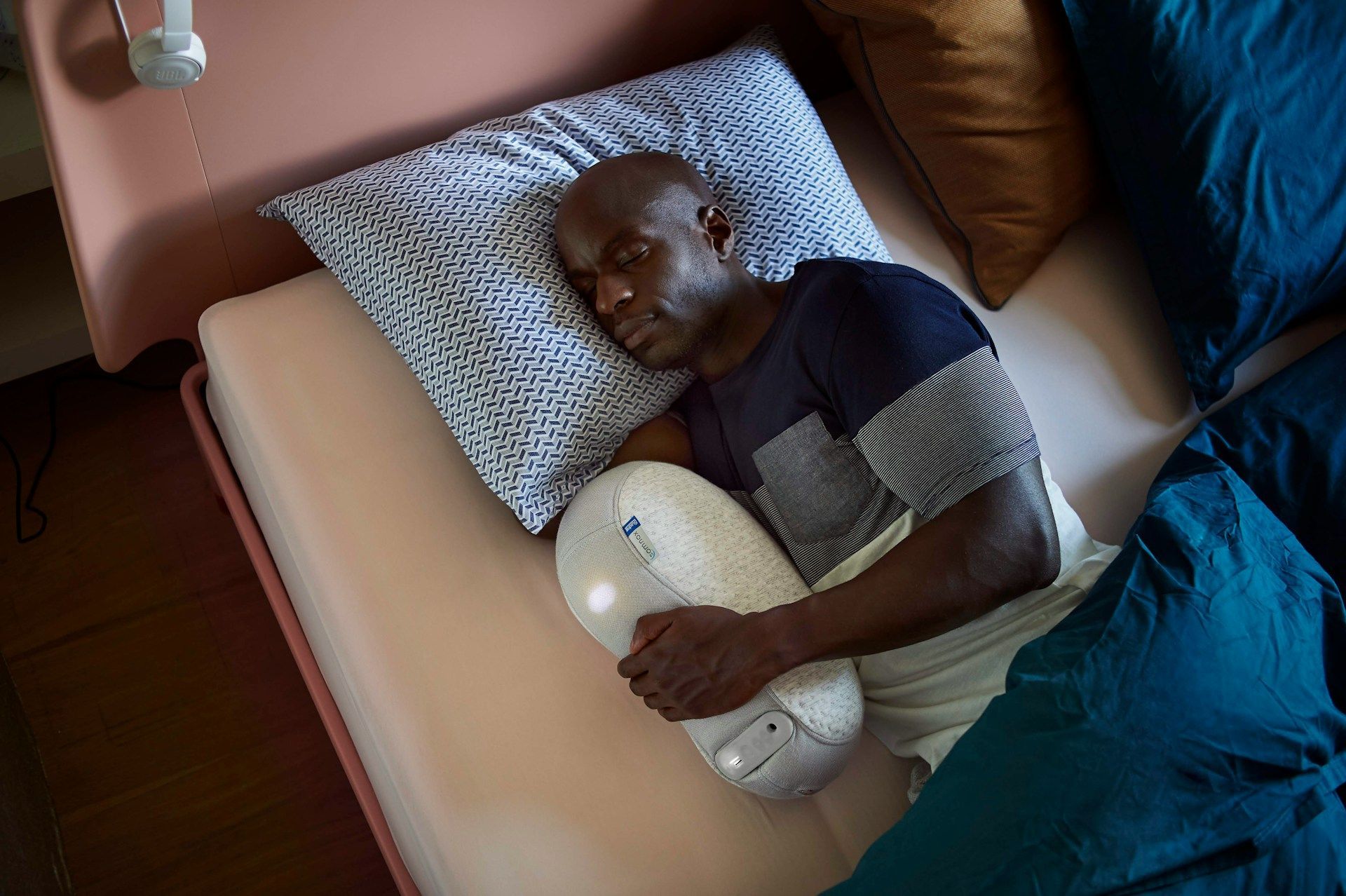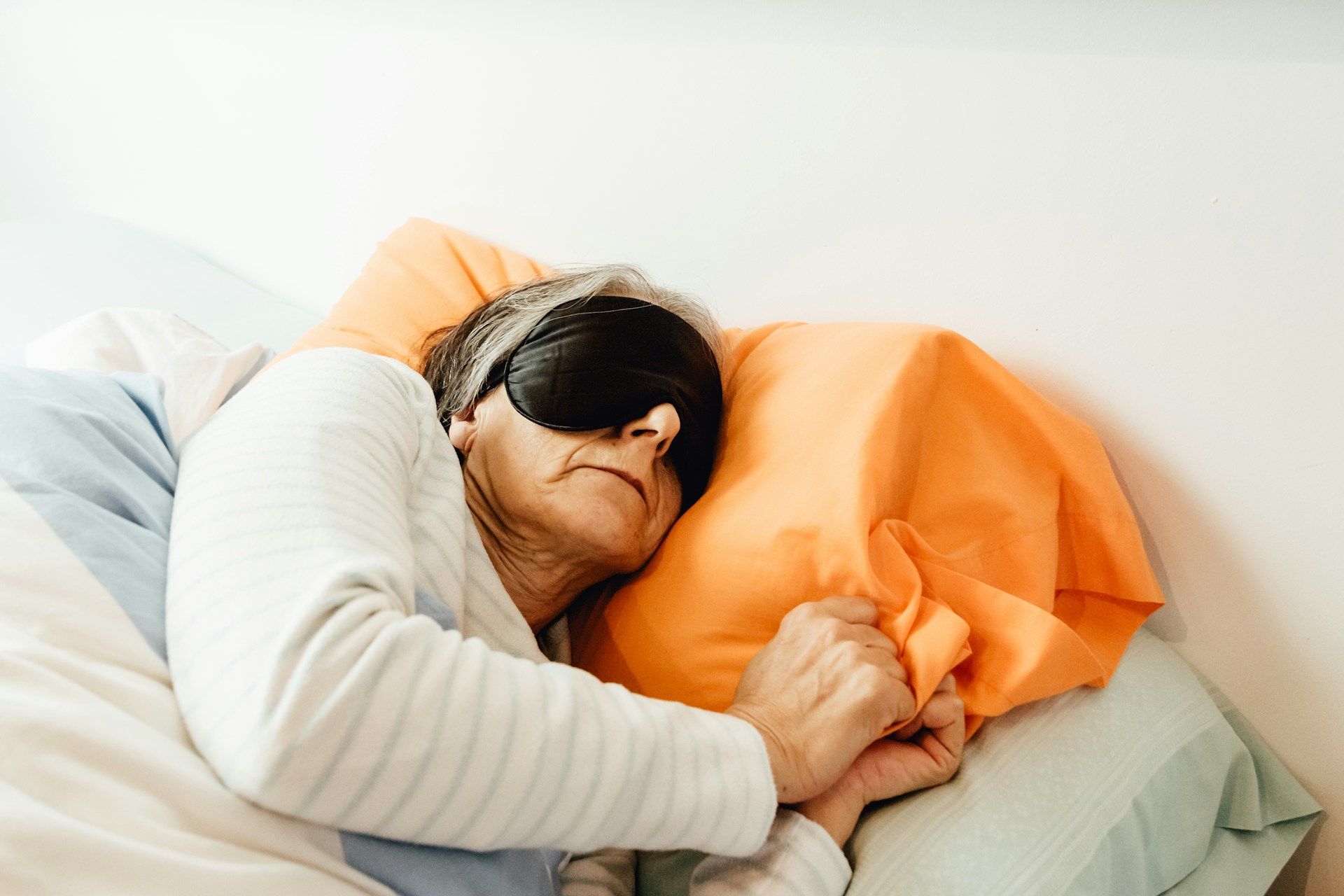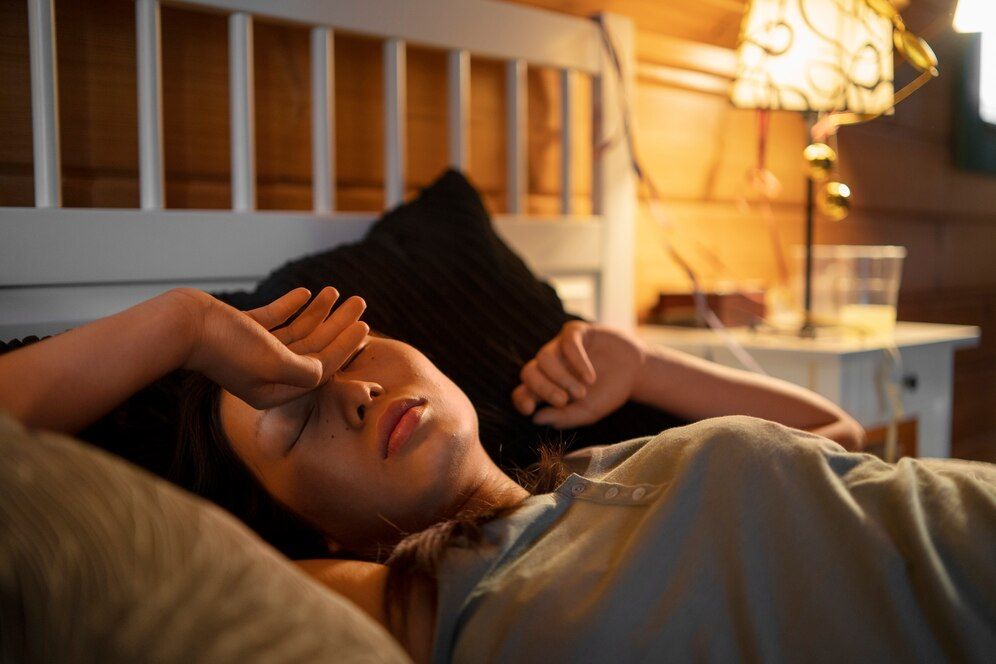Ultimate Guide to Sleep Apnea: Causes, Symptoms & Health Impact

Sleep apnea is a common and often underestimated sleep disorder that affects millions of people worldwide. If left untreated, it can significantly impact your health and well-being. Understanding sleep apnea's causes, symptoms, and long-term health implications is the first step toward taking control of this condition and improving your sleep quality. At Sleep Advantage, our goal is to provide you with comprehensive information and professional treatment options to help you on your journey to better sleep and health.
In this ultimate guide, we will delve into the world of sleep apnea, explore the various contributing factors, and shed light on the importance of seeking specialized care. Our team of sleep specialists at Sleep Advantage in Arlington, WA, is dedicated to providing you with the necessary knowledge to make informed decisions and tailor a treatment plan to meet your needs. It's time to empower yourself with the facts and seek the support you need to live a healthier, happier life with improved sleep quality.
1. Understanding Sleep Apnea: Types and Causes
There are three main types of sleep apnea: obstructive sleep apnea (OSA), central sleep apnea (CSA), and complex sleep apnea syndrome, also called mixed sleep apnea. OSA, the most common form, occurs when the muscles in the back of the throat fail to keep the airway open, causing partial or complete blockage during sleep. CSA, on the other hand, is the result of the brain's failure to properly signal the muscles responsible for breathing.
Complex sleep apnea syndrome involves both OSA and CSA components.
Several factors can contribute to the development of sleep apnea, with obesity being a significant risk factor for OSA. Excess fat around the neck can compress airways, causing a restriction in airflow. Other factors include genetic predisposition, alcohol and sedative use, smoking, and medical conditions such as hypothyroidism and acromegaly.
2. Recognizing Sleep Apnea Symptoms
The primary symptom of sleep apnea is loud, chronic snoring, often accompanied by choking or gasping sounds during sleep. However, not everyone who snores necessarily has sleep apnea. Some other common symptoms include:
- Pauses in breathing during sleep (often noticed by a bed partner)
- Insomnia or difficulty staying asleep
- Excessive daytime sleepiness or fatigue
- Morning headaches
- Frequent nighttime urination
- Dry mouth or sore throat upon waking
- Difficulty concentrating and memory problems
- Irritability and mood changes
If you or a loved one experience these symptoms, it's crucial to consult a healthcare professional specializing in sleep disorders, such as the experts at Sleep Advantage, for proper evaluation and diagnosis.
3. Health Risks Associated with Untreated Sleep Apnea
Untreated sleep apnea poses significant health risks, as it can contribute to various health conditions and complications, including:
- High blood pressure (hypertension): Sleep apnea disrupts normal sleep patterns, causing imbalances in hormone levels, increased heart rate, and elevated blood pressure.
- Heart disease: The repeated episodes of oxygen deprivation in sleep apnea can increase the risk of heart attack, congestive heart failure, and stroke.
- Type 2 diabetes: Sleep apnea might lead to insulin resistance, raising the risk of developing type 2 diabetes. Studies indicate that up to 83% of those with type 2 diabetes also have undiagnosed sleep apnea.
- Depression: Poor sleep quality and chronic fatigue associated with sleep apnea can contribute to mood disorders such as depression and anxiety.
- Motor vehicle accidents: Excessive daytime sleepiness caused by sleep apnea can lead to impaired driving, increasing the risk of motor vehicle accidents.
Recognizing and treating sleep apnea can significantly reduce these health risks and improve overall well-being.
4. Diagnostic Process: Sleep Studies and Exams
A comprehensive evaluation by a sleep specialist is necessary to diagnose sleep apnea accurately. This typically involves a physical examination, medical history review, and a sleep study. Sleep studies can be performed in a controlled sleep lab (polysomnography) or at home using portable monitoring devices. These tests measure and record various physiological parameters during sleep, such as brain activity, heart rate, oxygen levels, and respiratory effort, allowing the healthcare professional to determine the severity of sleep apnea and develop an appropriate treatment plan.
5. Treatment Options for Sleep Apnea
Treating sleep apnea not only improves sleep quality but also reduces the risks of associated health problems. The most common treatment is continuous positive airway pressure (CPAP) therapy, which delivers pressurized air through a mask to maintain an open airway during sleep. However, not all patients can tolerate CPAP, and other treatment options are available, including:
- Oral appliance therapy: Custom-fitted dental devices that reposition the jaw and tongue, keeping the airway open during sleep.
- Positive airway pressure (PAP) alternatives: BiPAP and APAP are variations of PAP therapy that provide different pressure settings for inhalation and exhalation, offering a more individualized and comfortable treatment.
- Positional therapy: For patients with positional sleep apnea, changing sleep positions (e.g., sleeping on one's side) can help alleviate symptoms.
- Lifestyle changes: Weight loss, smoking cessation, and alcohol moderation can help reduce sleep apnea severity.
- Surgical interventions: Procedures such as uvulopalatopharyngoplasty (UPPP) or hypoglossal nerve stimulation can be considered for severe cases or when other treatments are unsuccessful.
Collaborating with sleep specialists, like those at Sleep Advantage, is essential in determining the most suitable treatment plan for each individual patient.
Take Control of Your Sleep Apnea with Sleep Advantage
Gaining a deeper understanding of sleep apnea, its causes, symptoms, and potential health impacts is the first step toward taking control of this sleep disorder. Recognizing the importance of professional diagnosis and treatment is vital to improving your overall well-being and reducing the risk of sleep apnea-related health complications. Collaborating with a team of experienced sleep specialists, like those at Sleep Advantage, ensures you receive the right guidance and support to navigate the complex world of
sleep apnea treatment options.
Don't let sleep apnea impede your daily life and health any longer. Reach out to our dedicated team at Sleep Advantage today for a comprehensive evaluation and personalized treatment plan. Together, we can find the most effective solution to help you sleep better, feel healthier, and live a more fulfilling life.










